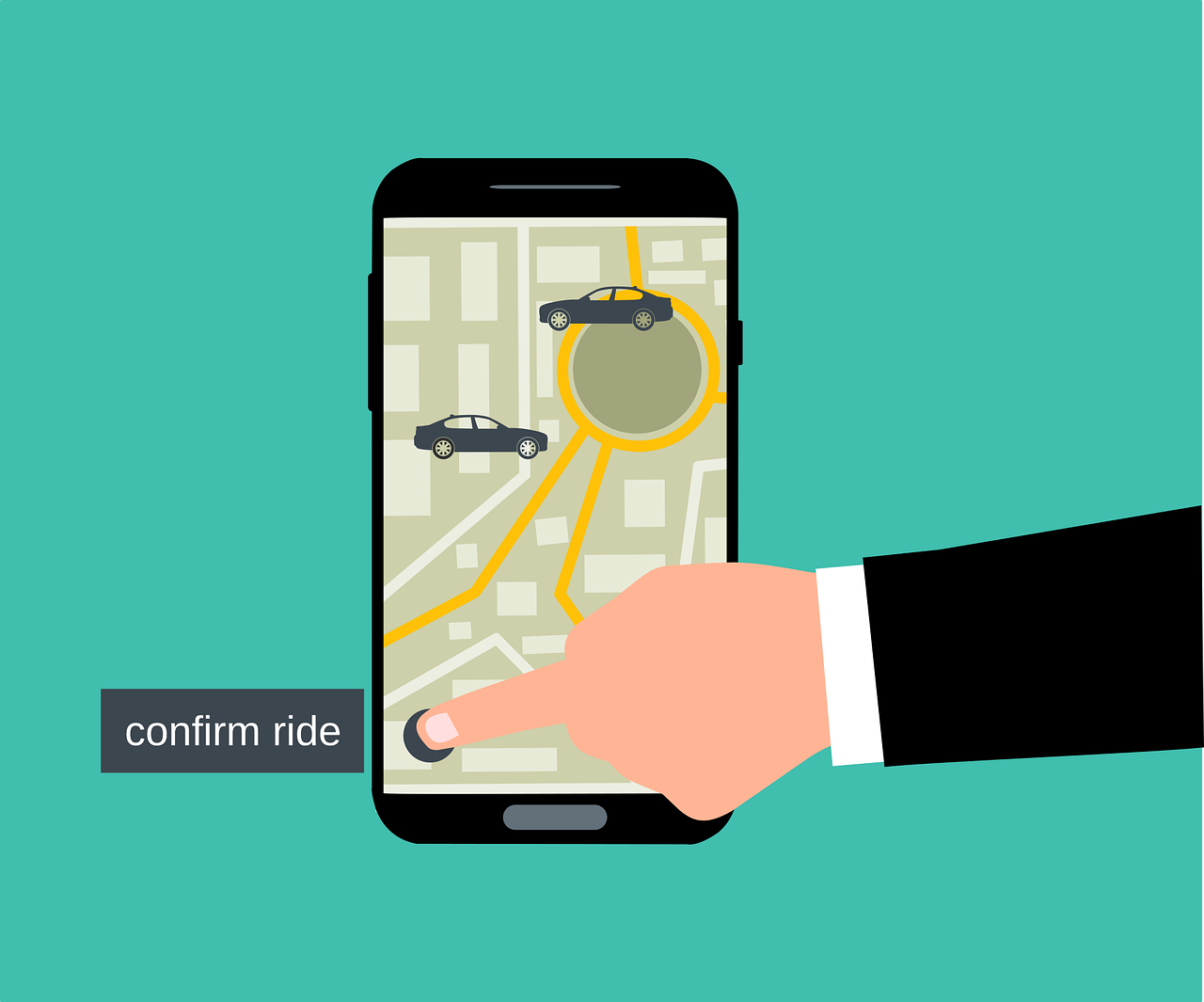In today’s fast-paced world, transportation apps like Uber, Lyft, and others have become essential tools for daily commuting. With just a few taps on a smartphone, millions of people rely on these services for convenience, affordability, and accessibility. However, most passengers are unaware of the legal rights they have when they step into a rideshare vehicle. Understanding your rights is essential, especially in the event of an accident or misconduct.
This article explores the rights you’re entitled to as a passenger in a transportation app and what steps you should take if those rights are violated.
Understanding the Legal Status of Rideshare Companies
Rideshare platforms operate in a legal grey area between taxi services and independent contracting. While drivers are often classified as independent contractors rather than employees, rideshare companies are still responsible for ensuring a safe environment for passengers.
Terms and Conditions: What You’re Agreeing To
When you sign up for a transportation app, you automatically agree to their terms of service. These terms include disclaimers, arbitration clauses, and limitations on liability. While they are legally binding, they do not override state and federal passenger protection laws.
Insurance Coverage and Liability
One of the most significant legal protections you have as a passenger involves insurance coverage. Major rideshare companies typically provide up to $1 million in liability coverage when a passenger is in the vehicle. This policy covers:
- Medical expenses
- Property damage
- Lost wages
- Pain and suffering
It is essential to verify which phase of the ride you were in (e.g., waiting for pickup, en route) as coverage may vary.
Your Rights During a Rideshare Trip
Passengers have the right to a safe and respectful experience. If that right is compromised, you may be entitled to legal recourse.
The Right to Safety
Drivers are required to follow all traffic laws and drive safely. You have the right to:
- A sober and attentive driver
- A vehicle that meets state safety requirements
- A ride free from harassment or discrimination
If a driver is acting recklessly, do not hesitate to end the trip and report the incident through the app.
The Right to Report Misconduct
Rideshare platforms offer in-app reporting tools for behavior such as:
- Unsafe driving
- Verbal abuse
- Inappropriate physical contact
Your complaints can lead to driver deactivation and, in some cases, legal consequences for the driver.
What Happens If You’re Involved in an Accident?
If you are injured in a rideshare accident, your rights as a passenger entitle you to certain protections and compensation options.
Medical Assistance and Documentation
First and foremost, seek medical attention immediately—even for minor injuries. Delays in treatment can complicate claims and reduce your compensation.
Document the scene, collect witness information, and take screenshots of your ride details from the app. This information will be critical for any legal action you may take.
Filing a Claim: Who’s Liable?
Determining liability in a rideshare accident can be complex. It may involve the rideshare driver, another driver, or both. Fortunately, most rideshare platforms provide insurance that steps in once the driver’s personal insurance is exhausted.
In complex cases, working with a professional like a San Antonio Uber accident lawyer can help navigate the legal maze and secure the compensation you deserve.
Your Privacy Rights as a Passenger
Transportation apps collect massive amounts of data—including your location, ride history, payment methods, and sometimes even audio recordings. You have the right to know how this data is used and protected.
What Data Is Collected?
Data typically includes:
- GPS location during the ride
- Pickup and drop-off addresses
- Contact information
- Driver-passenger communications
Check the app’s privacy policy to understand what information is collected and how it is stored.
How to Protect Your Privacy
- Regularly review your app permissions
- Avoid sharing personal details with the driver
- Use temporary phone numbers if the app offers this feature
You can also request a copy of your personal data and ask for its deletion in some jurisdictions under privacy laws like the GDPR or CCPA.
Steps to Take After a Rideshare Incident
Even if you think the issue was minor, taking the correct steps after a rideshare incident can protect your rights.
Step 1: Report the Incident
Use the in-app help feature to report any problem immediately. Screenshots and written accounts are very helpful.
Step 2: Seek Legal Advice
Legal guidance can be invaluable, especially when insurance companies or rideshare platforms try to minimize payouts. If you’re unsure how to choose a lawyer, you can consult resources like this guide on top qualities to look for in a car accident lawyer.
Step 3: File a Police Report
If you are involved in an accident or serious dispute, file a police report. This document is crucial for any insurance or legal claims.
How Rideshare Companies Handle Complaints
While rideshare companies are generally responsive, their primary goal is to protect their own interests. That’s why it’s essential to escalate the matter through appropriate legal channels if you’re not getting the support you need.
Platforms often respond more quickly when a formal complaint comes from an attorney or a government agency.
Know Your Resources
Staying informed is key. Here are a few trusted resources for passengers:
- Legal directories: Learn more about experienced legal professionals who specialize in accident and injury law.
- National Highway Traffic Safety Administration (NHTSA): Offers data, statistics, and resources related to traffic safety and passenger rights.
- Local Department of Transportation websites: Many states have resources for rideshare regulations and passenger safety programs.
Conclusion
Being a passenger in a transportation app comes with specific rights and protections that are enforceable under the law. From safe travel to data privacy and the ability to seek compensation after an accident, understanding your rights can help you feel more secure—and more empowered—every time you open your favorite ride-hailing app.
Don’t hesitate to ask questions, speak up when something feels off, and seek legal guidance when necessary. Your safety, well-being, and legal rights matter.





